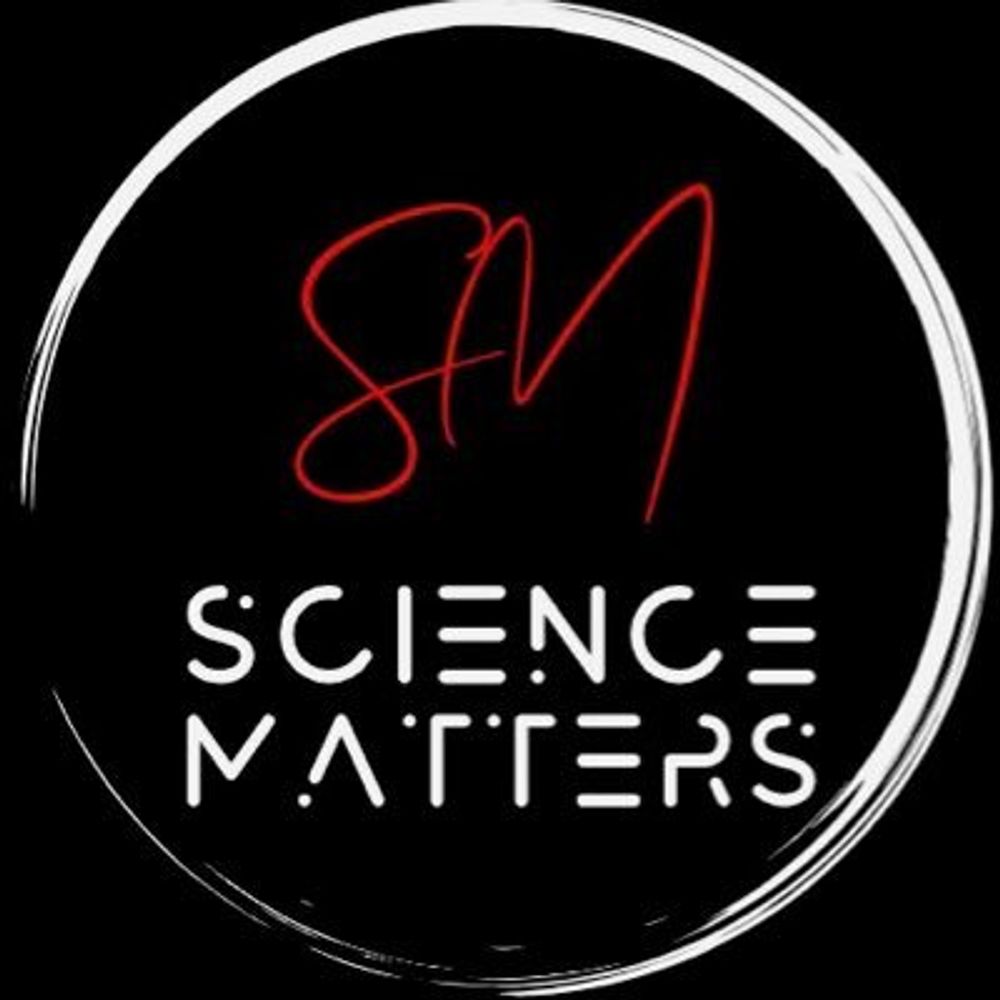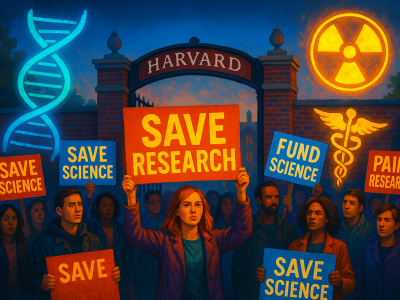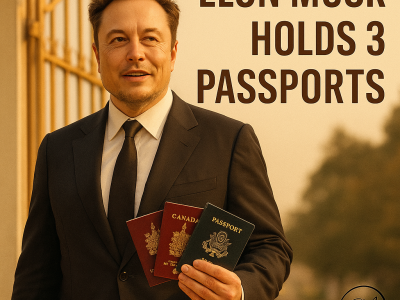We are killing the Golden Goose of innovation that has let America be the scientific leader in the world, said Dr. Donald Ingber, a Harvard scientist whose work on radiation treatments was abruptly stalled this week. His project, once backed by a $20 million government contract, is now another casualty in a fierce political storm brewing between the Trump administration and the nation’s most prestigious universities.
In April 2025, the Trump administration escalated its campaign against elite educational institutions by freezing over $2 billion in federal research funding to Harvard University, threatening to revoke its tax-exempt status, and demanding sweeping reforms. Harvard’s refusal to comply has ignited a legal and political standoff with implications far beyond the gates of the Ivy League.
This is not just about Harvard. It is about the future of research, academic freedom, and whether universities can continue to serve the public good without being forced to dance to political tunes.
A chilling new chapter in academic governance
The latest dispute traces its roots to growing dissatisfaction among right-wing political leaders who view universities as bastions of liberal ideology. The Trump administration’s accusations target universities for allowing what it deems antisemitic protests, discriminatory diversity initiatives, and insufficient political viewpoint diversity.
In Harvard’s case, the tipping point came when the university openly rejected federal demands to reform admissions policies, disband student organisations, and allow external oversight of academic departments. The administration responded by freezing billions in grants and threatening to remove its ability to host international students, who make up 27 percent of the university’s population.
In a statement, Harvard declared that it “will not surrender its independence or relinquish its constitutional rights.” These words are at the heart of what many see as a defining moment for higher education.
Science on the line
Federal funding cuts have long-reaching consequences. Projects affected at Harvard include not only Ingber’s work on radiation countermeasures but also public health research, innovative drug therapies, and AI-powered medical diagnostics. These are not fringe science experiments; they represent strategic national interests.
Dr. Ronald Collman, Director of the University of Pennsylvania’s Center for AIDS Research, warned, “The real punishments are for the public who will not get the benefits of the discoveries.” He added, “This notion now that the central government is going to control every aspect of the research is how we destroy that… it’s going to have long, lasting effects.”
Similar stories have emerged from Columbia University and others. Research on uterine fibroids, transgender healthcare, and transfusion safety are among the many casualties.
An ideological crackdown masked as reform
Trump’s administration insists its actions are driven solely by a desire to tackle antisemitism on campuses, citing pro-Palestinian protests and student activism. Critics argue that the government’s demands are unprecedented, draconian, and ideologically motivated.
The demands include a ban on student organisations, audits of faculty for alleged bias or plagiarism, and reporting international students who are “hostile to American values.” These measures have alarmed civil rights advocates and tax experts alike. The threat to revoke Harvard’s tax-exempt status is seen as a politically motivated overreach.
Former Harvard President Larry Summers didn’t mince words: “Any self-respecting Treasury Secretary would resign rather than have the Department be complicit in the weaponisation of the IRS against a political adversary of the President.”
The broader academic backlash
Harvard’s resistance is just one part of a larger pushback. Former university leaders and faculty unions are calling for litigation and collective resistance. Princeton and Yale have also voiced support for maintaining academic independence.
Former Columbia University President Lee Bollinger suggested: “The way you do that is to go to court.” Columbia, which initially complied with some government demands, has recently toughened its stance. Acting President Claire Shipman warned that certain demands “are not subject to negotiation.”
Yet, the leadership vacuum across elite campuses poses challenges. Several top universities have seen presidents resign under public and political pressure. This instability makes unified resistance more difficult.
When international science starts looking elsewhere
For decades, the U.S. has been the global destination for the best minds. That magnetism is now fading.
Ingber noted that many promising postdoctoral researchers are declining U.S. offers, fearing persecution or instability. “We were the magnet for the best young scientists around the world to come and pursue innovation. It’s over. After three months of this administration, it is over.”
A shift in brainpower is already underway, with researchers turning to institutions in Europe or China. This erosion of trust in the U.S. academic system may take years to repair.
Weaponising federal dollars
The Trump administration is using the power of the purse to force ideological compliance. Beyond Harvard, Columbia University has lost $400 million in grants. The administration is reviewing multi-billion dollar grants across other Ivy League schools, including Stanford and Princeton.
Polling from Gallup shows declining public confidence in higher education, particularly among Republican voters. This sentiment provides political cover for sweeping federal interventions, even at the cost of dismantling collaborative scientific enterprise.
The administration has called for audits of DEI programmes, changes in hiring and curriculum, and even the submission of student protestors’ details to federal databases. The tactic is clear: control through fear and funding.
The public price of elite punishment
Harvard, with its $53 billion endowment, may survive this financial blockade. But most institutions do not have that luxury. Cutting funding to elite schools affects collaborative research efforts nationwide, as many smaller universities and hospitals are subcontracted through these institutions.
Jon Fansmith of the American Council on Education explained, “If you are at another campus and you look at what happened, that Columbia attempted to negotiate and the funding still wasn’t restored — and just more demands were piled on — you get to see what’s really at the heart of what the administration is doing.”
This isn’t just a clash of ideologies. It’s a structural upheaval in the way knowledge is funded and produced in the United States.
Universities in a new era of political warfare
Mitchell Stevens, a professor at Stanford University, likened the shift to “metropolitan Phoenix without water from the Colorado River” — the universities might exist, but not as we know them.
He warns that the social contract between universities and the federal government is unraveling. For decades, federal support was exchanged for contributions to public knowledge, technological innovation, and health breakthroughs. But that bargain is now being rewritten.
Harvard’s position is a line in the sand. Its defiance, backed by legal muscle and alumni networks, could inspire others to resist. Or it could trigger an even more aggressive campaign from the government.
What lies ahead
Harvard’s lawsuit against the administration marks a historic moment. The court battles will likely shape how future governments interact with universities. Will the state continue to support research with few strings attached, or will universities become bureaucratic extensions of political agendas?
The answer will determine whether American science remains world-leading or becomes a cautionary tale.
Conclusion: Time to choose
What began as a dispute over campus protests has evolved into a larger war over academic freedom, scientific autonomy, and the soul of American higher education. The Trump administration’s moves are not simply about antisemitism or diversity. They reflect a broader attempt to redefine the mission and governance of the nation’s universities.
Whether Harvard’s stance sets a precedent or ends in isolation remains to be seen. But the question every citizen, policymaker, and scholar must ask is this:
Are we willing to sacrifice our future in science and innovation for the sake of ideological conformity?







